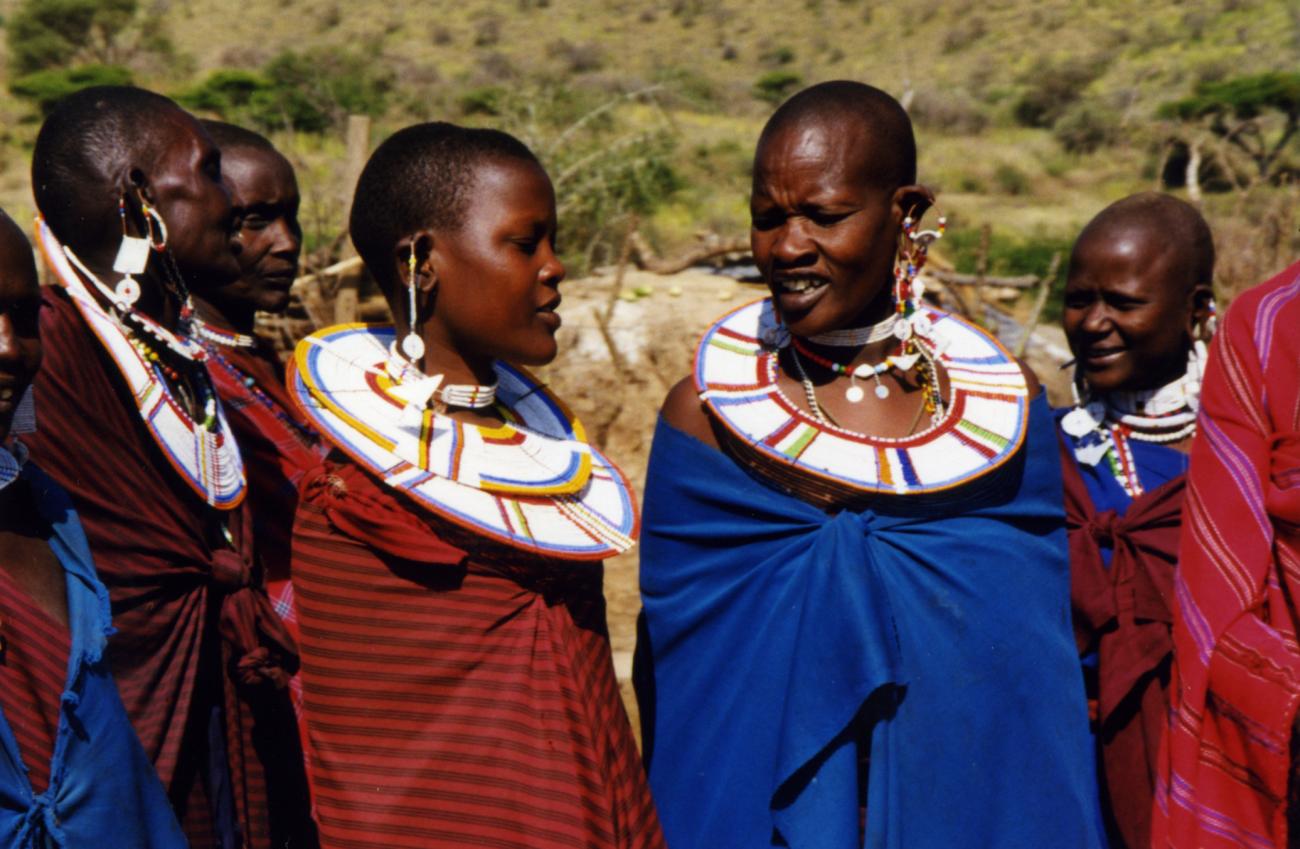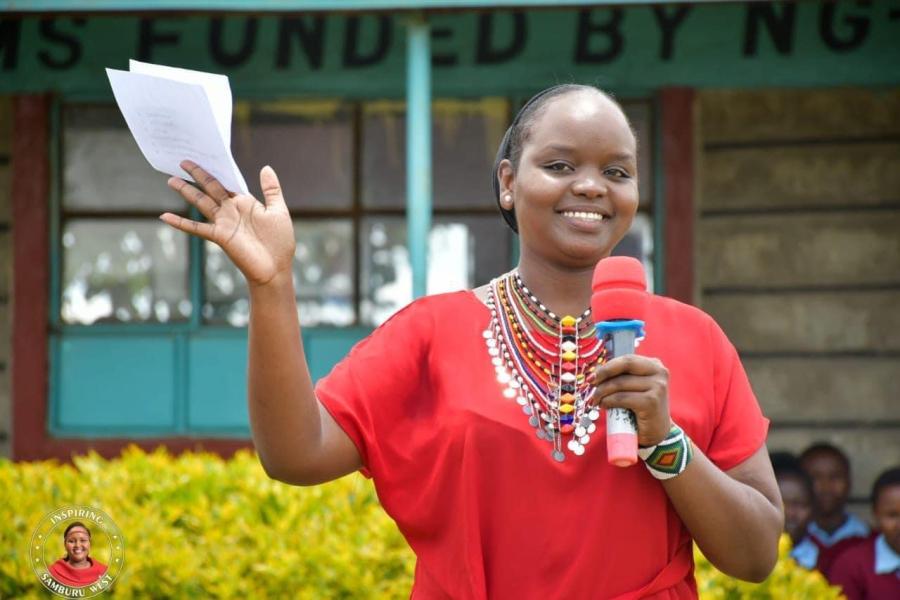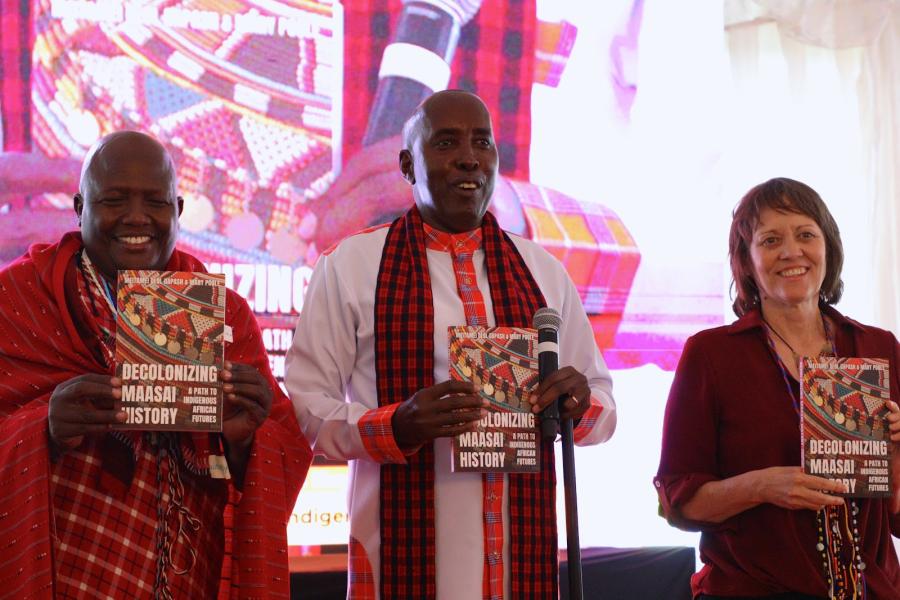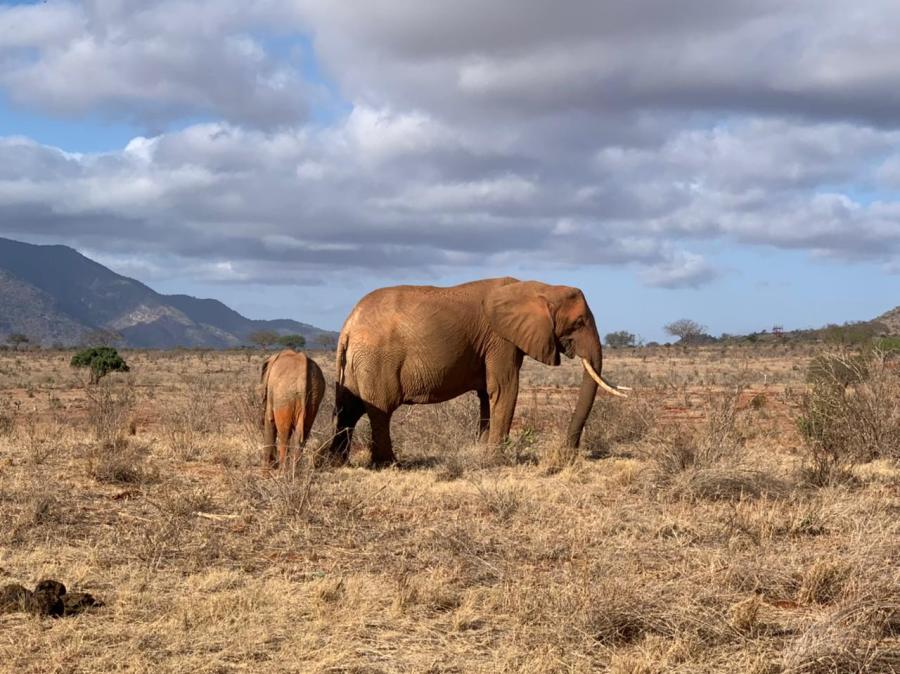
By Ben Ole Koissaba
The Maasai community in Naivasha District of Nakuru County in the Rift Valley Province of Kenya has once again resorted to the courts to stop further evictions by the government to give room for a World Bank funded Geothermal Project. The pain and anguish of a century long continued displacement and loss of livelihoods of the Maasai is evident on the faces of all the inhabitants of Narasha community after several government perpetuated land grabs to create room for the generation of power from their habitat on Longonot in the floor of the Great Rift Valley. Narasha is located between Mount Longonot, Hells Gate Park and Lake Naivasha, with the Maasai community sand witched between. To the Maasai it seems to be a curse to be born on land that has turned to be the blue chip for multi-national power generating companies with the support of World Bank.
Previous evictions dislocated over 4,000 families whose fate is unknown as the government never gave alternative land for settlement neither compensation for the loses they incurred during the forced evictions. First, the Maasai had to be evicted to facilitate the creation of the Hells Gate National Park, and then subsequently the discoveries of massive potential for geothermal energy made their land and home an international point of interest for both local and international power generating companies. The community has now sought redress by appealing to the High Court, where as previous court rulings favoring the Maasai as the legitimate owners of the land, a recent high court ruling went against previous rulings and deprived the Maasai of their right to own the land.
The current evictions without due compensation will displace over 3,500 families, put over 1,000 children who are currently in school in community constructed schools of Narasha and Olomayiana out of school, two churches, and a Maasai cultural center. The evictions are happening in disregard of the law as previous court ruling declared the land as Maasai ancestral land and they should not be moved. The evictions are politically instigated for two reasons; one there is a deliberate move to ensure the reduction of the Maasai population in Naivasha district as well as a push by senior politicians who have invested in the power generating companies wanting to make a kill by using their political connections to dispossess the Maasai.
This is a violation of the rights of the Maasai community by forces of impunity and goes against the spirit of international law and safeguard for the protection of Indigenous Peoples' rights. It also contradicts the principles as outlined by the constitution of Kenya as well as well as the United Nation Declaration o the Rights of Indigenous Peoples, and in essence, the violation of the principle of Free, Prior and Informed Consent stipulates the absence of the benefit sharing concepts that particularly would safeguard both the interest of the government, communities and multinational companies.
This is even made worst by the fact that the World Bank is funding such projects that displace communities without compensation. The Maasai are calling upon the World Bank to stop funding the project as well as review its policy of funding projects that displace indigenous people and ensuring clarity in safeguards of international funding institutions.
--Ben Ole Koissaba is a PhD Student in International Family and Community Studies at Clemson University and the National Chairman of the Maa Civil Society Forum.



